
What are pressure vessels?
A pressure vessel is a container designed to hold gases or liquids at a pressure substantially different from the ambient pressure. These vessels are used in a wide range of industries and applications, including chemical processing, petrochemical, oil and gas, pharmaceuticals, food processing, and many others. The key characteristic of a pressure vessel is its ability to withstand internal pressure without rupturing or leaking.
Pressure vessels come in various shapes and sizes, and they can be made from a variety of materials, including metals, such as steel, aluminium, and titanium, as well as composite materials. The choice of material depends on the specific application and the pressure and temperature conditions the vessel will be subjected to.
What is pressure vessels application for?
Pressure vessels have a wide range of applications across various industries due to their ability to store and contain fluids or gases at elevated pressures. Their specific applications include:
Chemical Processing:
Handle corrosive and reactive chemicals safely under controlled conditions.
Oil and Gas Industry:
Storing compressed natural gas (CNG), liquefied natural gas (LNG), and transporting petroleum products.
Power Generation:
Used in steam generators, boilers, and reactors for generating electricity.
Aerospace and Aviation:
Maintain a controlled and breathable atmosphere for passengers and crew at high altitudes or in outer space.
Food Processing:
Used for canning, pasteurization, and sterilization to ensure food safety and preservation.
Service Categories:
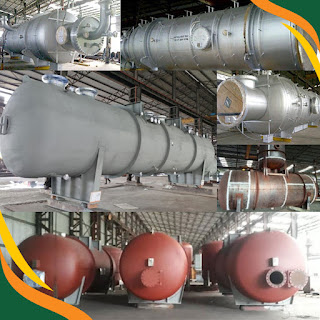 |
| Pressure Vessels |
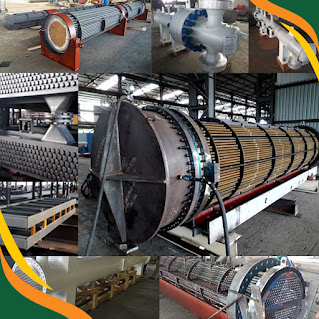 |
| Heat Exchangers |
 |
| Flare Stacks |
 |
| Furnaces/ Kilns/ Burners |
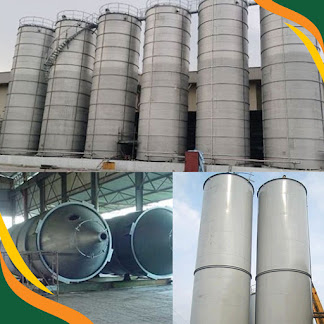 |
| Storage Tanks |
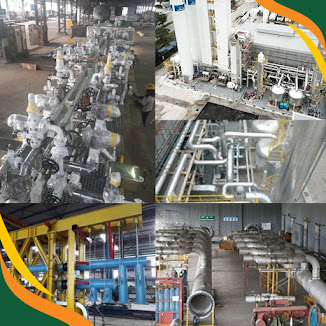 |
| Process Skids/ Piping Works |
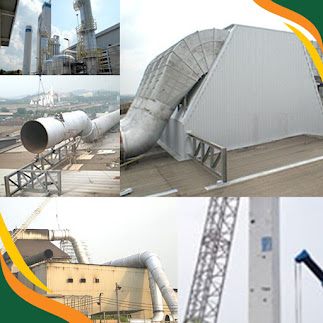 |
| Mechanical Steelworks |
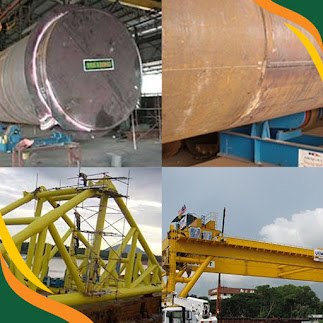 |
| Structural Steelworks |